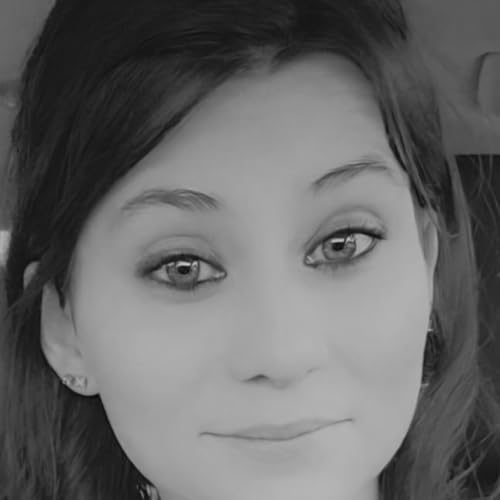
Pineal Stories - Chelsea
Échec de l'ajout au panier.
Échec de l'ajout à la liste d'envies.
Échec de la suppression de la liste d’envies.
Échec du suivi du balado
Ne plus suivre le balado a échoué
-
Narrateur(s):
-
Auteur(s):
À propos de cet audio
Chelsea’s symptoms began in her early 20s—debilitating headaches, blinding light sensitivity, nausea, dizziness, fainting, and profound insomnia. Years later, during pregnancy, everything escalated. Despite repeated ER trips and specialist visits, she was told it was “just hormones,” “just blood pressure,” “post-COVID,” or even “all in your head.”
After pulling her own MRI from MyChart, she discovered an “incidental” pineal cyst. What followed was medical gaslighting, a devastating decline, suspected mini-strokes, and a fight to be believed. A second-opinion path led her to a neurosurgical consult and, ultimately, surgery on August 15 (last year). Today, Chelsea is one year post-op—and her symptoms are gone. She shares what changed immediately after surgery (hearing, light sensitivity, memory), the toll on her family, and the hope she wants others to find sooner.
Content Note
This episode includes discussion of severe illness, medical gaslighting, and suicidal thoughts. If you or someone you know is in crisis, please seek help immediately (e.g., call/text 988 in the U.S.).
Key Moments / Chapters
- Host intro & disclaimer
- Early 20s: migraines, light sensitivity; first pregnancy (2016) and a sudden collapse
- “Incidental finding”: Chelsea reads her own MRI report in MyChart (pineal cyst noted)
- Gaslighting & misdiagnoses: anxiety/depression labels, “slow-growing cyst,” “COVID,” even accusations of fabricated records
- Cleveland Clinic second opinion: cyst vs. pineocytoma; ongoing decline and suspected mini-strokes
- Community matters: finding the pineal cyst support group and real validation
- Referral, workup & candid talk: “You don’t do brain surgery for headaches”—why this was far more
- Surgery day (Aug 15): what changed right away (hearing clarity, light tolerance)
- One-year post-op: symptoms gone; memory returning; cycles normalizing
- Family perspective: caregiver strain, guilt, and rebuilding after survival
- Creativity during illness vs. after recovery—how the brain “felt different”
- Closing reflections: awareness, advocacy, and what Chelsea wants others to know
Takeaways
- “Incidental” doesn’t mean irrelevant—symptoms matter.
- If you’re not being heard, a second opinion (and your records) can be life-changing.
- Chronic stress from undiagnosed illness can impair memory and functioning.
- Recovery can take time—but full, durable relief is possible.
- Caregivers need space and support, too.
Notable Quotes
- “It wasn’t just headaches.”
- “I was told it was anxiety, COVID—anything but what it was.”
- “Waking up from surgery, I heard my husband’s voice so clearly.”
- “One year later, my symptoms are gone.”
- “A ‘slow-growing cyst’ was slowly killing me.”


